The Volvo V60 Polestar didn't win Car of the Year - but this Swedish wagon has race-car soul
The 2016 Volvo V60 Polestar is the latest in series of hot wagons dating to the mid-1990s.

The 850 T5 R kicked off the series with its turbocharged, 2.3-liter, inline-five-cylinder engine.
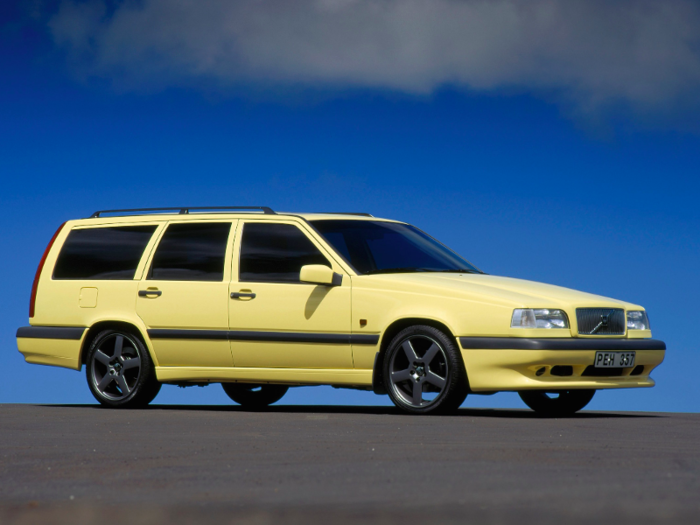
The 240-horsepower wagon was good for a 0-60 run of just seven seconds.
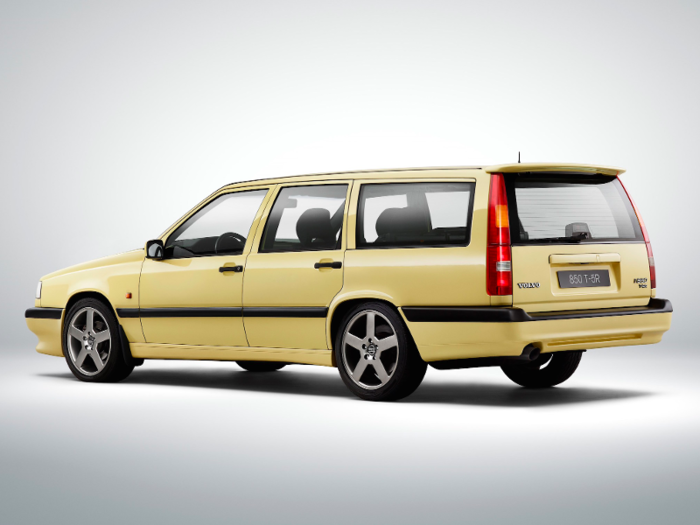
The 850 even saw action in the British Touring Car Championships.
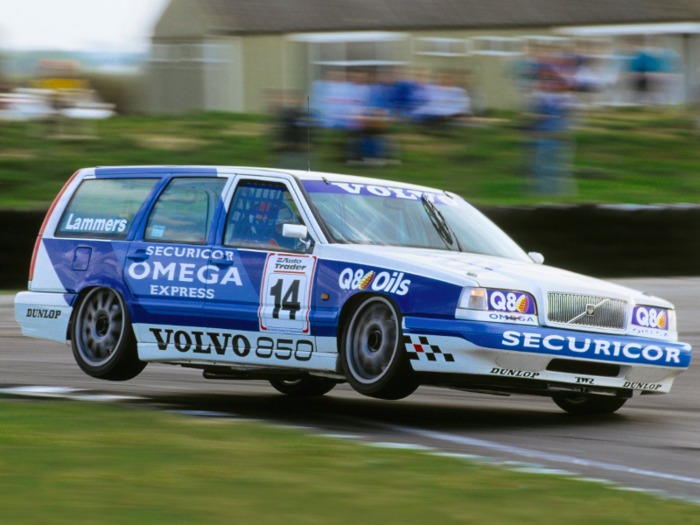
After the 850, Volvo followed up with V70R in 1997. With some versions boasting as much as 260 horsepower, the V70R continued Volvo's tradition of hot wagons.
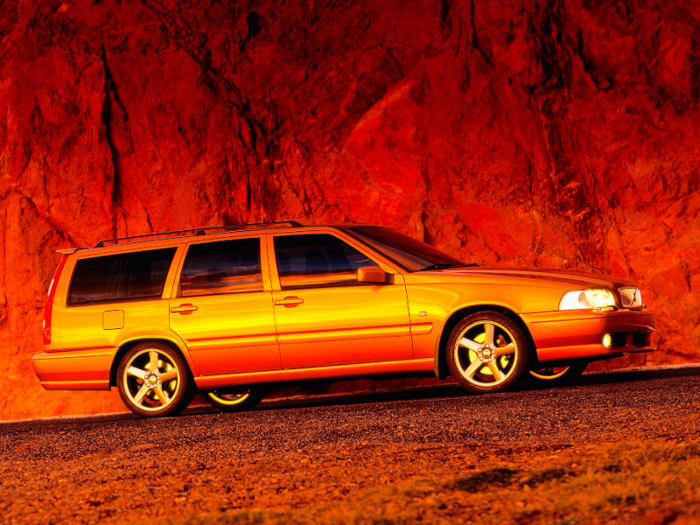
In the early 2000s, Volvo unleashed the 300-horsepower second-generation V70R.
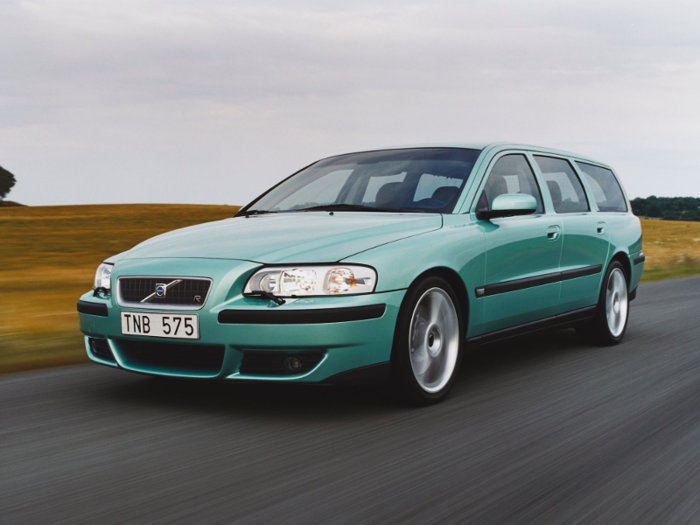
After a few years' hiatus, Volvo returned with the V60 Polestar. Just look— it's gorgeous. Even though this design has been around since 2010 — albeit with some tweaking over the years — it stands the test of time and comes off as fresh as the day it debuted.
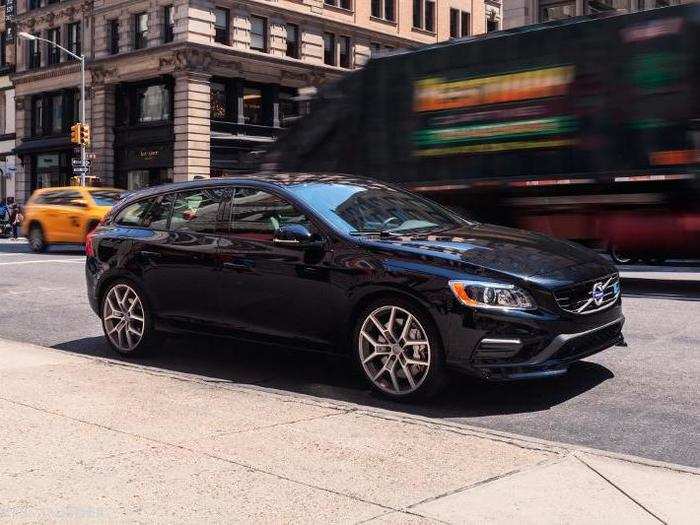
Step inside and you'll find that the V60 Polestar oozes Volvo-ness.
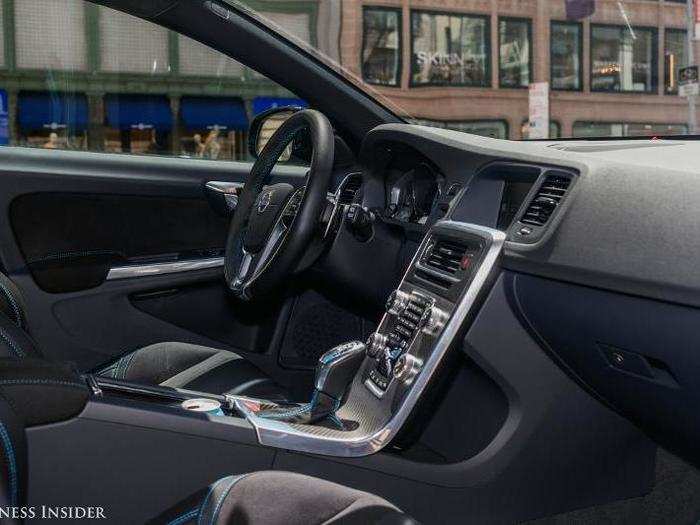
This means the seats are some of the most comfortable money can buy.
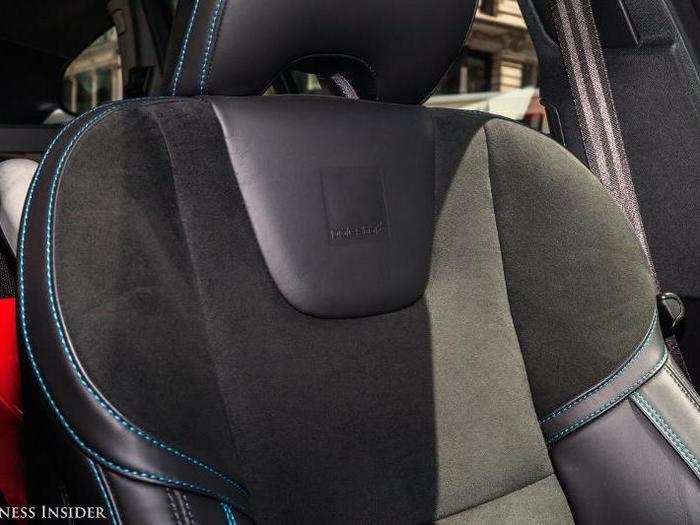
A sunroof helps infuse the cabin with natural light.
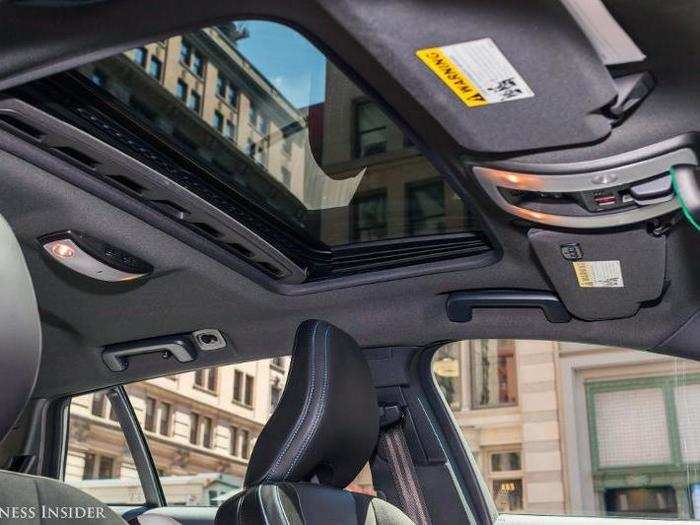
At the same time, the steering wheel is well weighted and its controls are intuitive and easy to use.
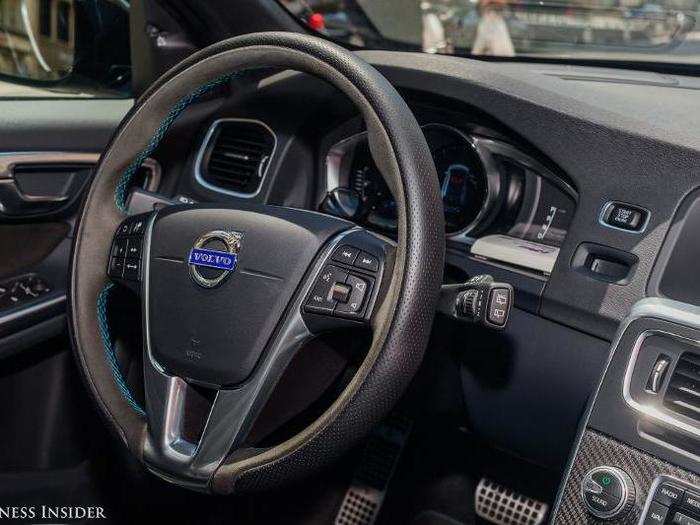
In front of the driver is a beautifully rendered digital instrument cluster.
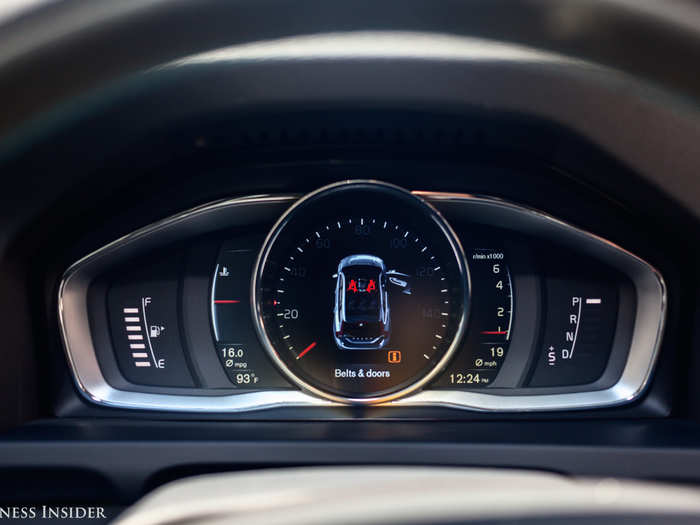
The center stack is dominated by a relatively small seven-inch screen, running a somewhat dated infotainment system.
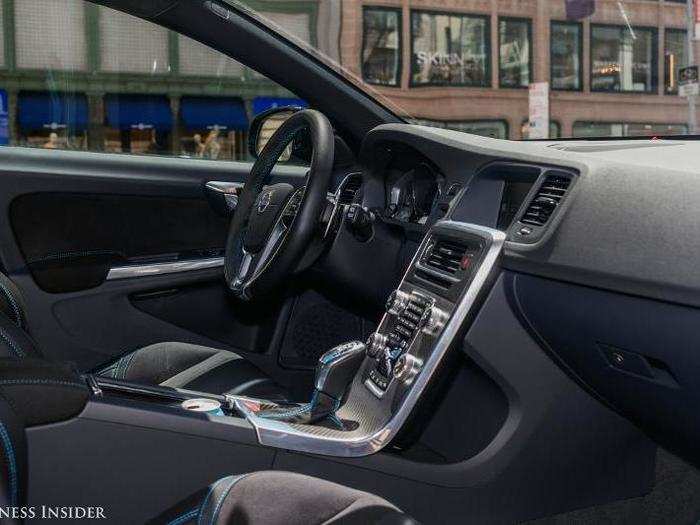
Even though the aging center stack design is a bit fiddly to use, the overall ergonomics of the cabin are solid.
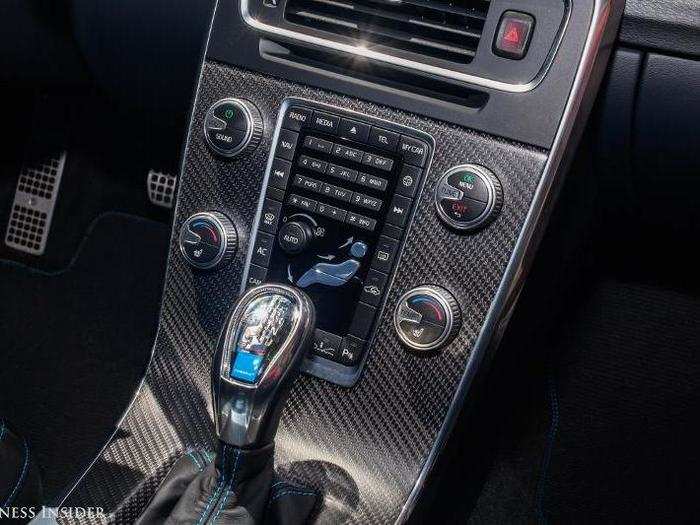
Out back, the V60's design is dominated by a set of high-mounted rear lights, a pair of a large exhausts, and a prominent rear diffuser.

Open the hatch and you get a look at the V60's cargo capability, which is on par with that of a compact crossover.
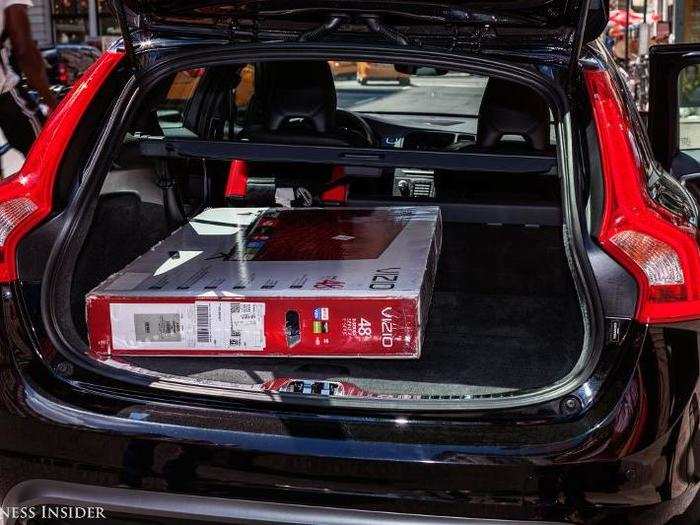
As for performance, the wagon is engineered with the help of the racing specialists at Polestar.
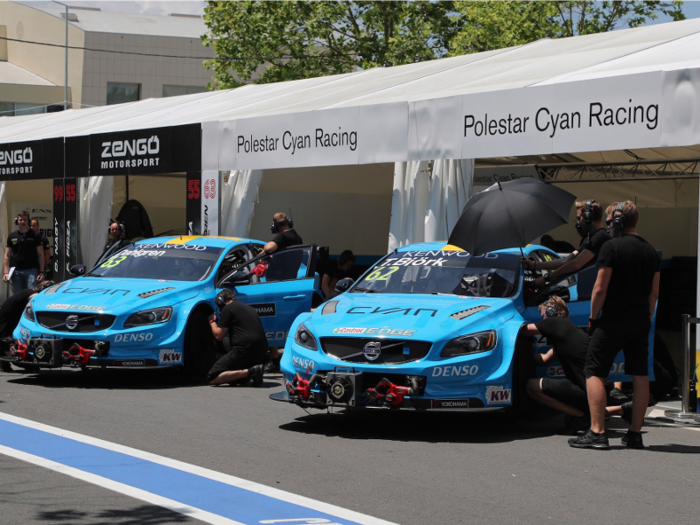
The V60 Polestar has serious street cred in the world of performance-oriented European station wagons.
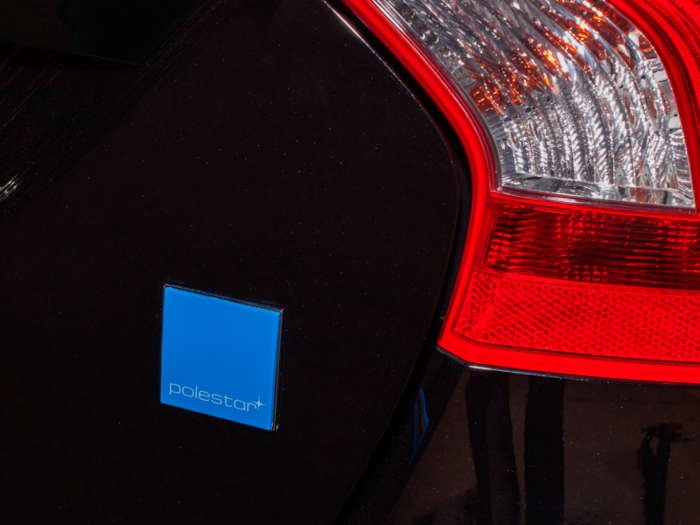
Under the hood is a sideways-mounted, 345-horsepower turbocharged 3.0-liter inline-six-cylinder engine sending power to all-four wheels through a six-speed automatic transmission.
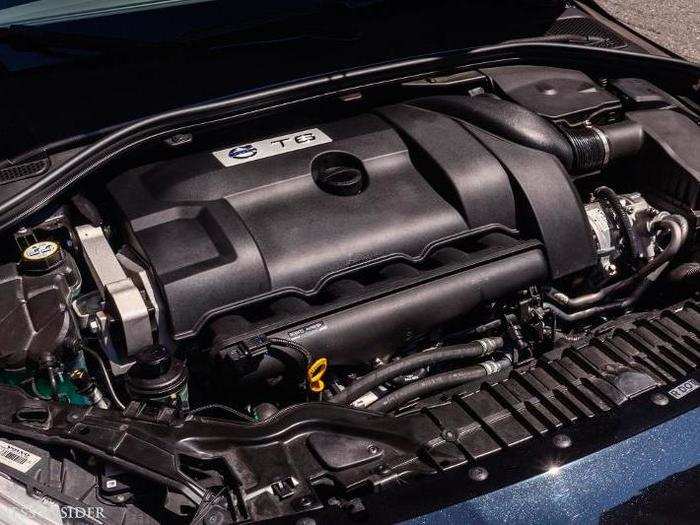
According to Volvo, the wagon can do 60 mph from a standstill in 4.8 seconds and reach 155 mph. Although these numbers are solid, there were some elements of the car that concerned me.
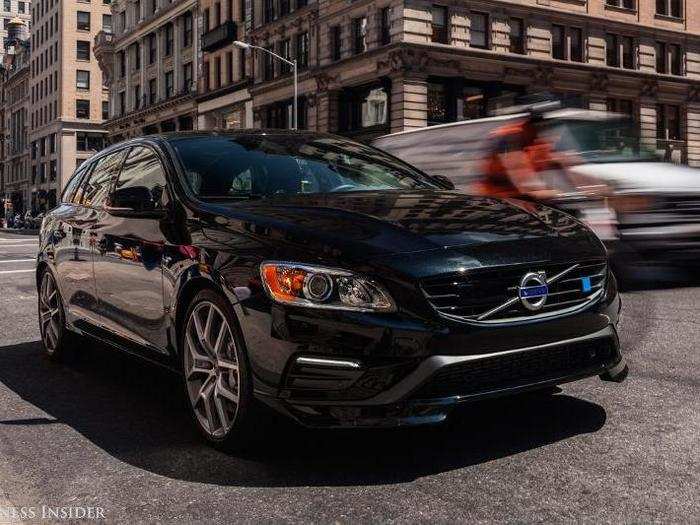
First, I was concerned about the aging inline-six cylinder engine and six-speed transmission's ability to delivery on the type of driving experience expected of a vehicle of the Polestar's caliber. Second, with roughly 60% of its 4,000-lb. curb weight skewed toward the front of the car, I was worried about how it would behave in the corners.

Finally, the V60's platform dates back to when Volvo existed as part of Ford's Premier Division. That means the V60's Ford-sourced chassis is getting up there in years and is missing many of the latest go-fast goodies found in other European performance sedans/wagons, such as an adaptive suspension.
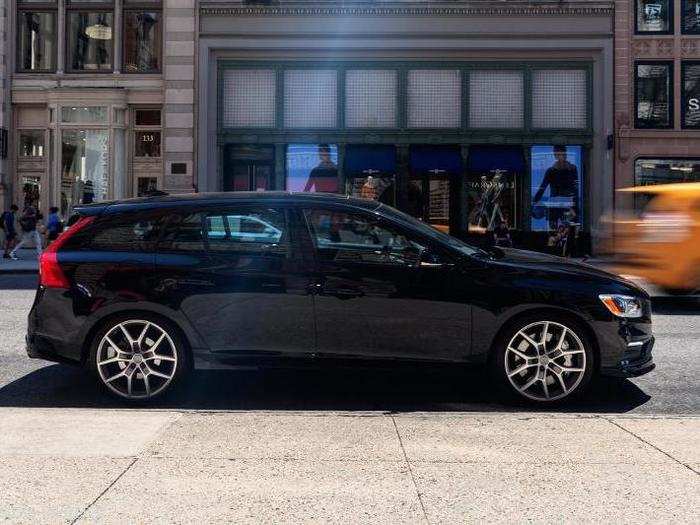
But as soon as I fired up the Swedish beast and went for a drive, those concerns quickly dissipated. The V60 Polestar is a joy to drive.
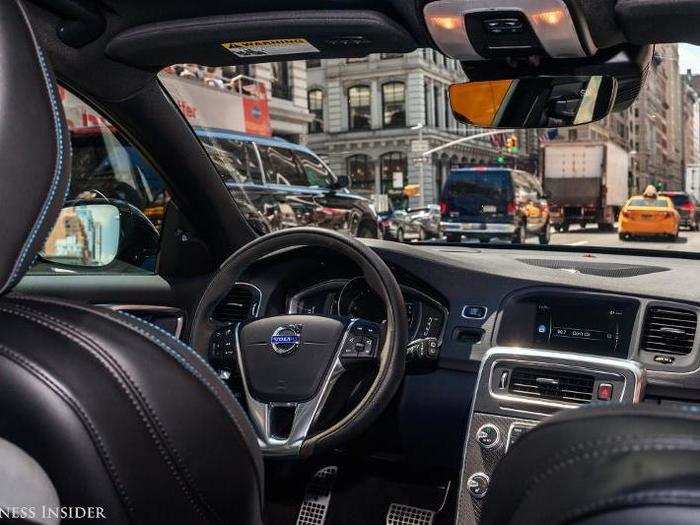
The inline-six proved to be smooth and immensely capable. Power arrived with great ease as the 3.0-liter engine's twin-scroll turbocharger help mitigate any appearance of the turbo lag common on high-performance engines of this type.
However, the transmission could be quicker in its shifts — and could use a couple of extra gears, for that matter.
The V60's engine and Polestar stainless steel exhaust system team up to make one of the best sounds I've heard come out of a car in a while. It's neither a low-pitched rumble like that of a Chevy small block nor is it a high-pitched Ferrari wail. For me, the best way to describe it is as an authoritative growl.
Whatever you call it, it's a sound that makes working through the transmission's six gears a true pleasure.
As for the handling, the V60 Polestar defies the laws of gravity. In and out of corners, the wagon remained poised and ready to tackle whatever I could throw at it, surpassing what a 4,000-lb. station wagon should be able to achieve.
Much of this can be attributed to the performance extras Polestar's tuners worked into the car. This includes a retuned all-wheel-drive system with torque vectoring, upgraded springs that are 80% stiffer than the regular V60, and a carbon-fiber reinforced front-strut brace. Not to mention the all-important set of adjustable öhlins shock absorbers known to many in the racing world as "Swedish Gold."
When you piece together the smooth engine, confidence-inspiring handling, and the Grammy-worthy exhaust sound, you get a car that's easy to love. The sound, the speed, and handling made me want to just drive and drive and drive some more. My colleagues at Business Insider had to forcibly remove me from the driver's seat.
As a result, the V60 Polestar may not necessarily be faster than its souped up rivals from Germany or the US, but it's certainly a more soulful and charismatic experience.
For 2017, Volvo is upgrading the V60 and its sedan sibling S60 Polestar models with a 367-horsepower version of the company's new supercharged and turbocharged 2.0 liter, four-cylinder Drive-E engine.
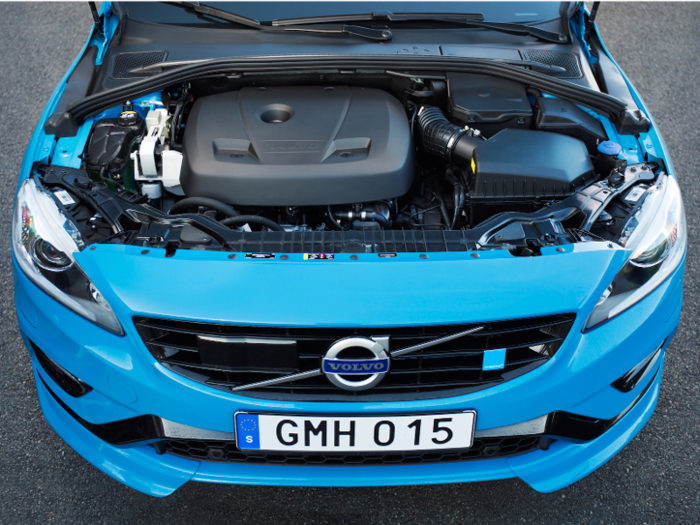
Even though the changes to Polestar's special sauce will result in cars that are quicker and more effective, Volvo risks sacrificing some of the soul that makes the current cars so lovable.
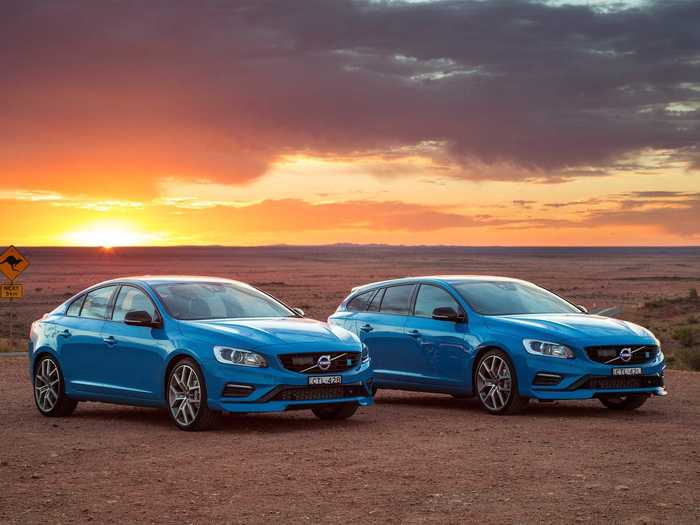
Regardless, the 2016 Volvo V60 Polestar is the best wagon I've ever driven. It's charisma and performance make it a world-class rival to the best that the Germans, Americans, and Japanese can bring to the table.
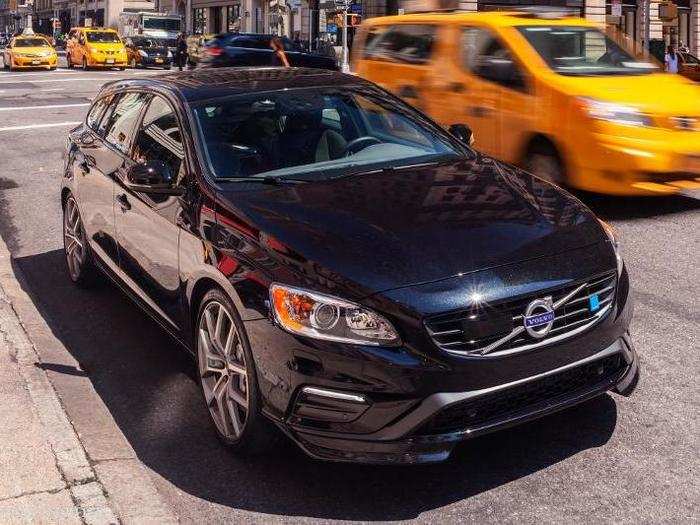
Popular Right Now
Popular Keywords
Advertisement